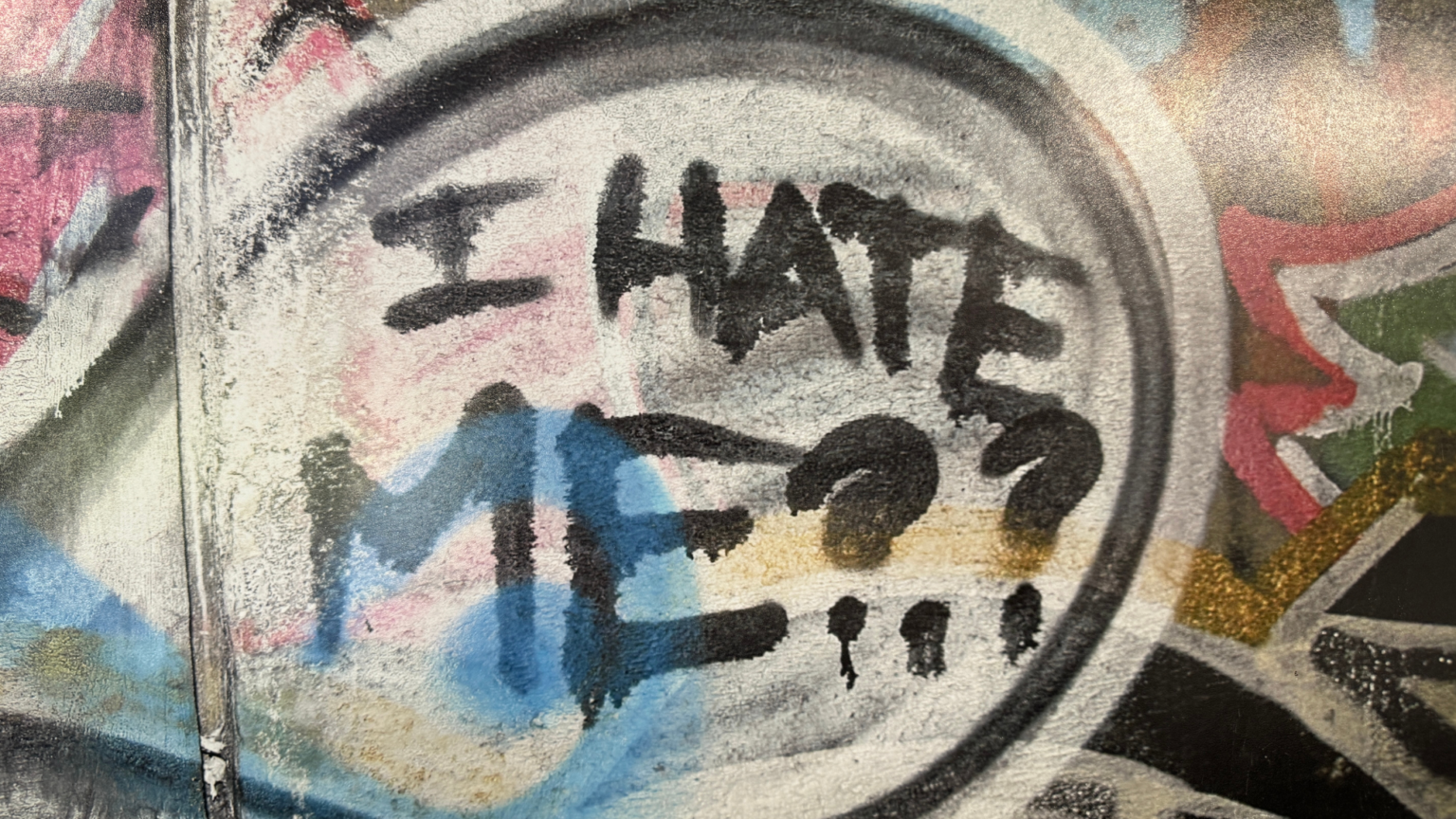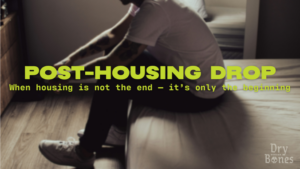“Love your neighbor as you love yourself.” Matthew 22:39
Quiz: Who made the following statements?
a) An unhoused Young Person
b) You
c) Me
d) All of the Above
- I’m such a loser.
- I never get it right. I always #$*@ things up.
- I must be stupid.
- I feel so stuck – like I’m going nowhere. Nothing will ever change for me.
- I’m an idiot that keeps going back to the same old patterns and bad habits.
- I’m such a sucker – a fool. I should have known better.
- I get the feeling that I annoy everyone. I don’t think people like me.
This list could go on and on.
Imagine your best friend saying, “I’m such a loser.” How would you respond? You’d likely express kindness, compassion, and reassurance. “Of course you’re not a loser…”
Two minutes ago, a young unhoused person walked into my office and said, “I feel like I annoy everyone. I don’t think people like me.” I responded with tenderness, truth, and compassion: “I’m so sorry you feel that way. We sure like you around here…”
A few years back, we found the above graffiti in a storm drain where young people were living. The words say, “I hate me?.?” I always wondered if the punctuation indicated: 1. a question (?) 2. a statement of fact (period) 3. followed by a deeper question (?).
The correct answer to today’s quiz is: All of the Above
Any of us could make these statements on any given day. They represent the universal echoes of human insecurity and self-doubt.
When you catch yourself thinking this way, how do you respond? If you’re like me, you might reaffirm and repeat it, only in new and creative ways. We can be much harsher on ourselves than we are on others.
Reflecting on Matthew 22, I hope we love our neighbors better than we love ourselves, since we often don’t love ourselves too smoothly.
Give compassion to that part of yourself that most needs it. When faced with self-doubt and criticism, try responding with understanding and love. Transform your inner dialogue into one of support and tenderness.
It takes courage to confront your pain and respond with kindness. In a world that often feels devoid of empathy, let self-compassion be your guiding light.
The next time you find yourself echoing those familiar statements of self-judgment, ask: what would I say to my best friend if I heard them speaking like this? Then, take a deep breath and share that same compassion with yourself (even if you have to “fake it till you make it” for a while).
Practicing self-compassion will become a new pattern that overflows into every moment of life — towards yourself, onto others, for unhoused young people, for all of the above.
Let’s get to beautifully loving ourselves so that we can proudly love our neighbors as we love ourselves!





